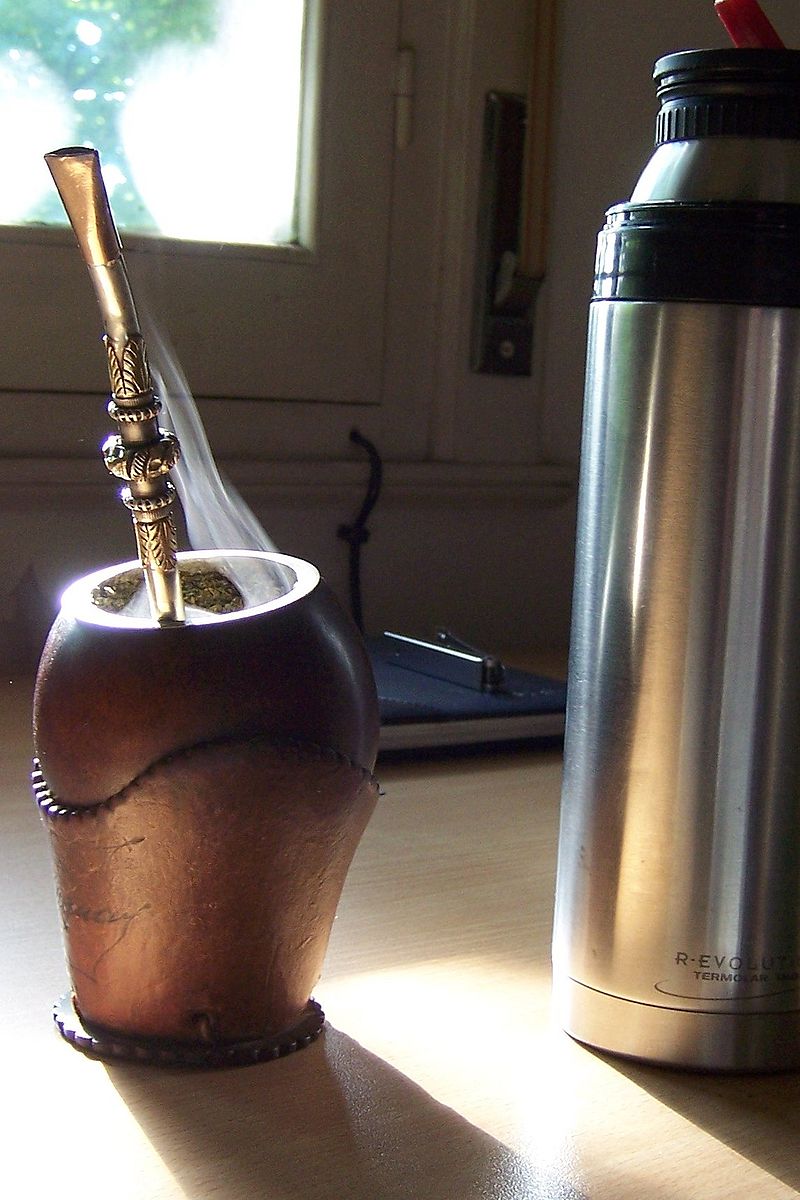Estimated reading time: 4 minutes
Yerba mate, a traditional South American drink made from the leaves of the yerba mate plant, has a long history in Poland that many people are unaware of. In fact, Poland is often referred to as the true home of yerba mate in Europe due to its deep cultural ties to the drink.

Yerba mate was first introduced to Poland in the 19th century by Polish soldiers who were fighting in South America. They brought the drink back to their homeland, where it quickly gained popularity among the Polish elite. Today, yerba mate is a staple in many Polish households, with a wide range of brands and varieties available on the market.
One of the most fascinating aspects of yerba mate in Poland is its deep cultural significance. For many Poles, drinking yerba mate is a way to connect with their heritage and honor the memory of their ancestors. This cultural connection is especially strong among the Polish diaspora in Argentina, where yerba mate is an integral part of the local culture.
In recent years, there has been a renewed interest in yerba mate in Poland, with many young people discovering the drink for the first time. This newfound popularity has led to the creation of a thriving yerba mate culture in Poland, with specialty shops, cafes, and online communities dedicated to the drink.
Despite the growing popularity of yerba mate in Poland, there are concerns about the sustainability of the yerba mate industry in South America. Many yerba mate plantations are located in sensitive ecosystems, and the demand for the drink has put pressure on local communities and the environment. As such, it is important for consumers to choose brands that prioritize sustainability and ethical practices.
In conclusion, the history and cultural significance of yerba mate in Poland are fascinating and often overlooked. With a renewed interest in the drink among younger generations, it is clear that yerba mate will continue to play an important role in Polish culture for years to come. However, it is important for consumers to be mindful of the impact that their consumption of yerba mate has on the environment and local communities in South America.
Jan (Juan) Szychowski
Jan (Juan) Szychowski is a fascinating figure in the history of yerba mate, known for his role in promoting the drink in Europe during the early 20th century. Born in 1883 in Buenos Aires, Szychowski was the son of Polish immigrants and grew up speaking both Spanish and Polish.
Szychowski was educated in Poland and France before returning to Argentina, where he became involved in the yerba mate industry. He quickly realized the potential of yerba mate as a commercial product and began to develop new techniques for harvesting and processing the plant.
In 1911, Szychowski moved to Paris and opened a shop selling yerba mate and other South American products. He soon became known as the “King of Mate” and developed a loyal following among Parisian intellectuals and artists. Szychowski’s shop became a hub for the bohemian community, and he was known for his colorful personality and extravagant lifestyle.
Szychowski’s success in Paris led him to expand his business to other European cities, including London, Berlin, and Madrid. He worked tirelessly to promote yerba mate as a healthy alternative to coffee and tea, and his efforts paid off as the drink became increasingly popular among European consumers.
Despite his success, Szychowski faced challenges in promoting yerba mate, as many Europeans were unfamiliar with the drink and skeptical of its supposed health benefits. He worked tirelessly to overcome these obstacles, organizing tastings and educational events to introduce the drink to new audiences.
Today, Szychowski is remembered as a pioneer of the yerba mate industry and a key figure in the drink’s introduction to Europe. His legacy lives on in the many yerba mate brands that are available on the market today, and his contributions to the industry continue to be celebrated by fans of the drink around the world.
